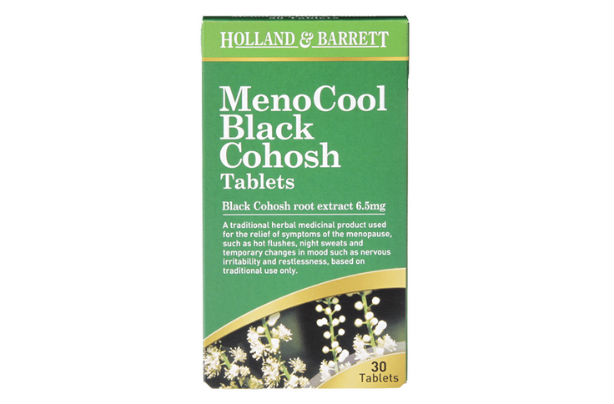The two things you should NOT do to induce labour, according to experts
According to experts there are two common techniques that some women use to induce labour, but they should be avoided because they are dangerous

The nearer your due date is, chances are you might have considered trying out any of the classic techniques thought to help induce labour, from eating spicy food to having sex or exercising.
However not all of these will work, and some of them can actually be potentially dangerous to both mother and baby too.
Maryanne Higgins, childhood educator from Barefoot Baby's explained to Romper that using castor oil, a natural remedy commonly associated with helping to induce labour, could actually be dangerous.
'If too much [castor oil] is used and you take it too often, this can cause your baby to have their first bowel movement inside [the womb] before birth', she explained. 'This can be very troublesome to the baby if swallowed.'
Dr. Britton Crigler, board certified OB-GYN from the Cherokee Women's Health Specialists also spoke to Romper and agreed that taking castor oil has far more negative effects than positive and can result in diarrhoea and dehydration, as well as electrolyte imbalance.
While these issues can simply seem like uncomfortable side effects, they actually have the ability to cause complications for the birth itself.
He said, 'Dehydration [alone] can result in contractions, but it won’t help start real labour.'
GoodtoKnow Newsletter
Parenting advice, hot topics, best buys and family finance tips delivered straight to your inbox.
Another big no-no is using black cohosh, a herb that is sometimes used to treat the symptoms of perimenopause and menopause.

A study called 'Safety and efficacy of black cohosh during pregnancy and lactation' that was published in The Canadian Journal of Clinical Pharmacology states that it should be 'used with caution during pregnancy, particularly the first trimester' because its labour-inducing effects could cause concern very early on.
The study also explains before it is offered as any form of aid to women to help them to induce labour, 'black cohosh should undergo rigorous high quality human studies to determine its safety in pregnancy.'
Dr Crigler agrees that taking this ingredient is potentially lethal, as black cohosh is associated with post-partum bleeding.
Women are already susceptible to a certain amount of blood loss post-birth, so this extra bleeding could cause further problems.
Of course if your due date has passed and you want to get things moving, there are some safe options you can try.
HealthLine.com advises that a bit of exercise could do the trick. Their website suggests 'anything that gets the heart rate up, such as a long walk' is a good idea because it also helps to relieve any stress you might have at the time. You may also want to consider a membrane sweep.
Sex is another very common, but relatively safe way to try and give labour a jumpstart. It releases the hormone oxytocin, which could get your contractions going. However, make sure you don't try this method after your water has broken!
Trusted, informative, and empathetic – GoodToKnow is the ultimate online destination for parents. At GoodtoKnow, our mission is 'simple': we're trying to make sense of parenthood. On the site, you'll find everything you need for a happy, healthy family life. Our huge archive of content includes more than 18,000 articles and 1,500 how-to videos. These include expert-backed advice features on parenting, dealing with relationship changes after having a baby, self-care for mums and managing your family finances. We also feature tried-and-tested product reviews and buying recommendations for every stage of family life - from prams and Moses baskets to birthday gifts and top toys.